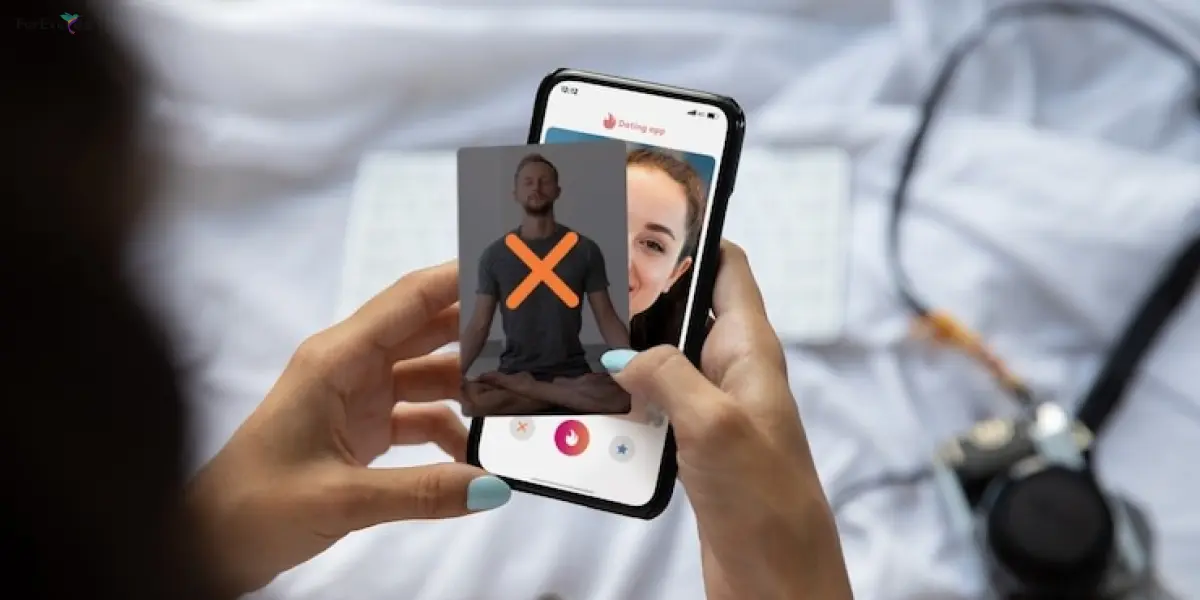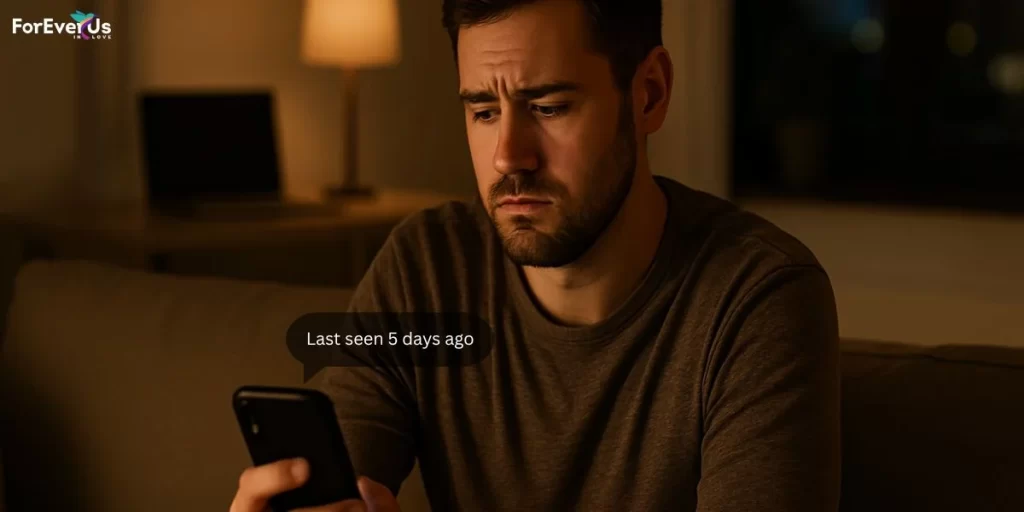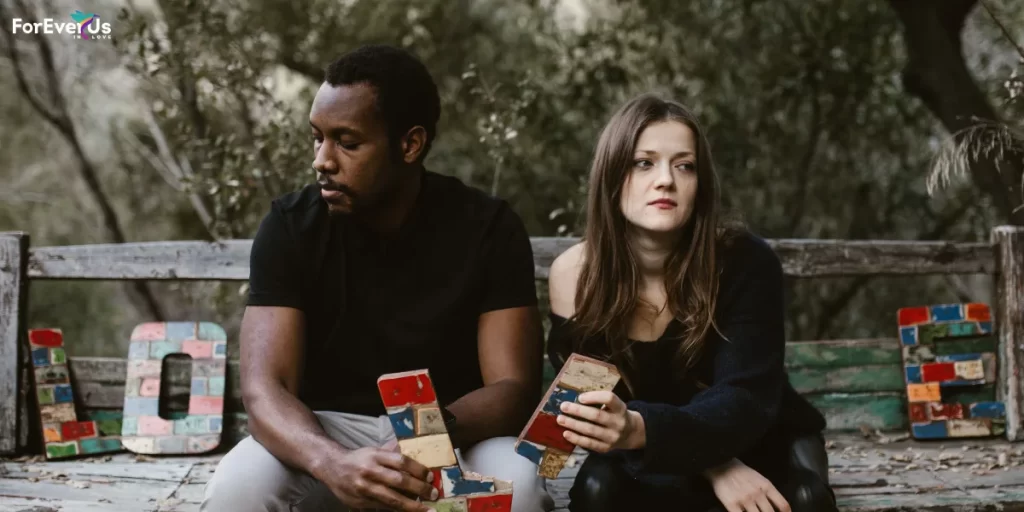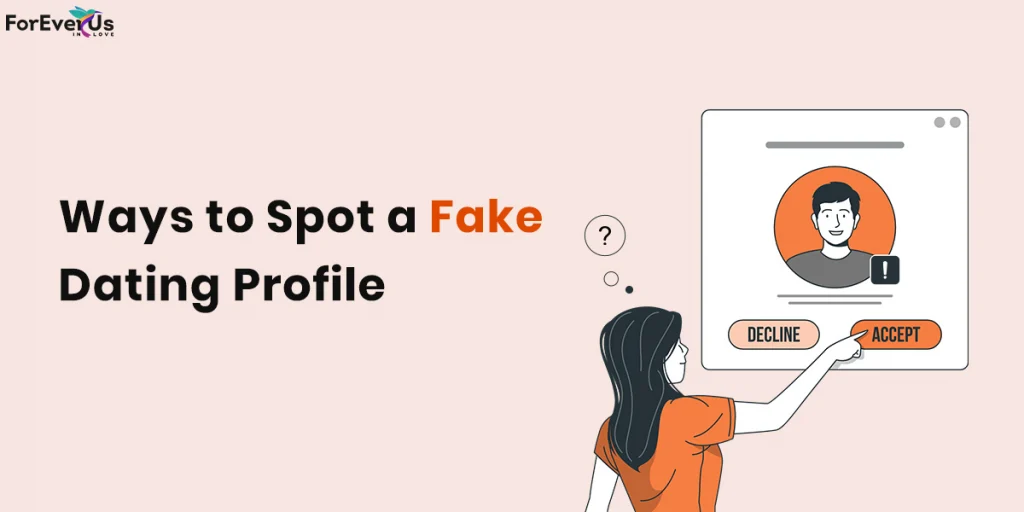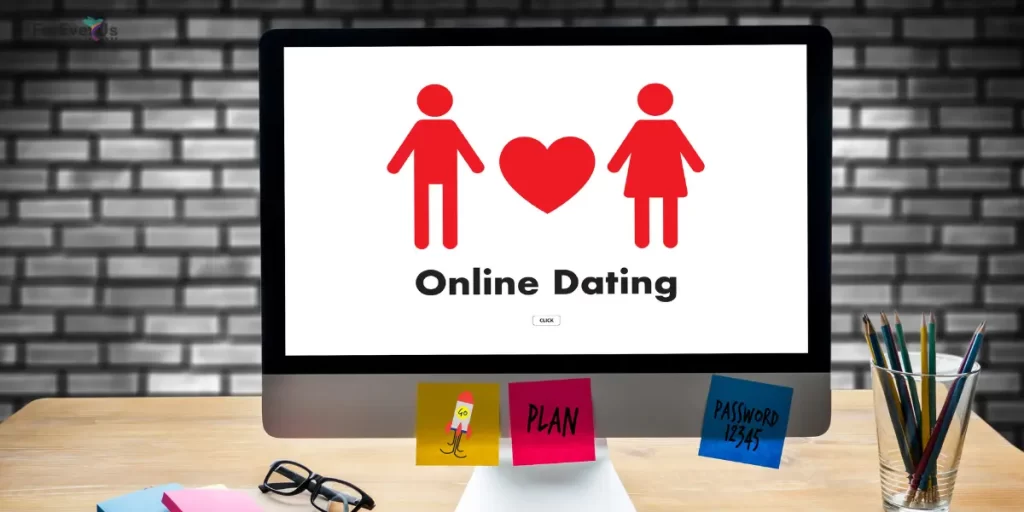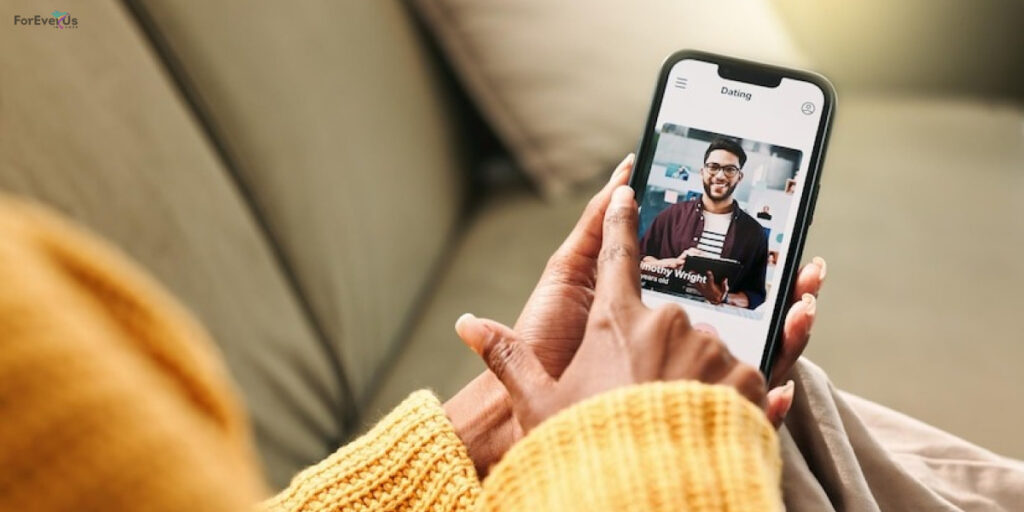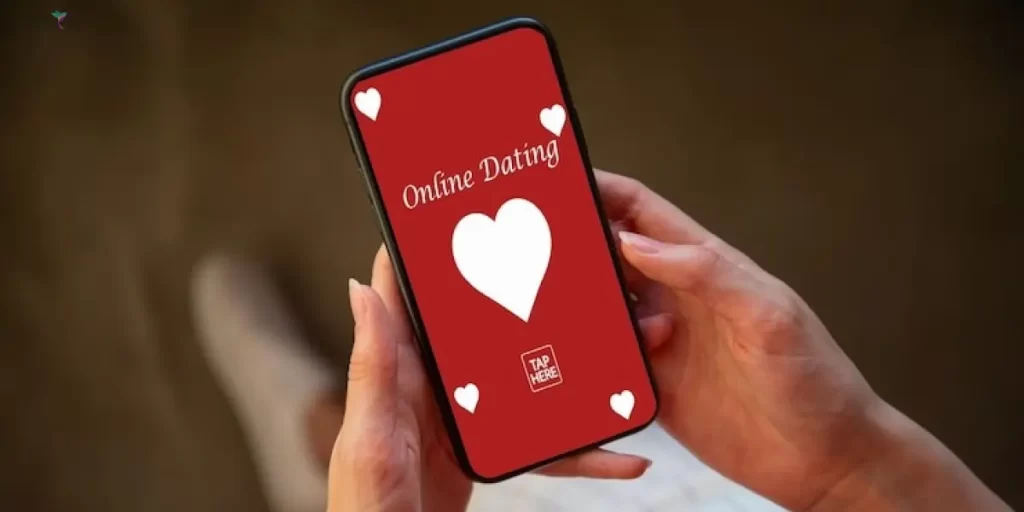Online dating opens up endless opportunities to connect with new people, but it also comes with risks. While many find meaningful relationships online, others encounter scammers, fake profiles, and individuals with bad intentions. That’s why prioritizing your safety is essential.
If you’re using dating apps, you deserve a safe and enjoyable experience. This guide covers essential online dating safety tips, from spotting red flags to staying secure when meeting in person. Whether you’re new to online dating or a seasoned swiper, these tips will help you navigate safely and confidently.
Why Online Dating Safety Matters
Millions of people use dating apps daily, but not everyone has good intentions. Common online dating risks include:
- Scams & Financial Fraud: Scammers may try to manipulate you into sending money.
- Catfishing: Some people create fake profiles to deceive others.
- Personal Data Theft: Oversharing can expose you to identity theft.
- Physical Safety Risks: Meeting strangers without precautions can be dangerous.
By following these safety tips, you can protect yourself while enjoying the experience of online dating.
Red Flags vs. Safe Profile Signs – Spot the Difference Instantly
Protecting Your Online Dating Profile: Essential Safety Tips
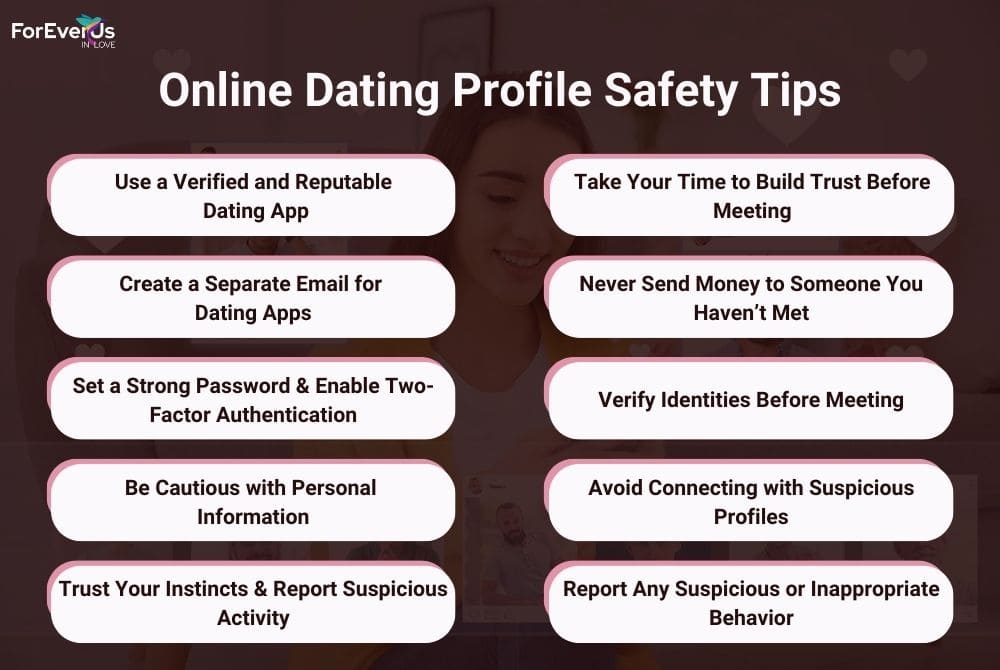
1. Use a Verified and Reputable Dating App
Not all dating apps provide the same level of security. Choose platforms that actively verify users and monitor suspicious activity, such as:
Apps with Profile Verification:
- Tinder, Bumble, and Hinge – Offer features like photo verification to prevent catfishing.
Reputable & Secure Dating Sites:
- Forever Us in Love, Match.com, and eHarmony – Require detailed profiles, making it harder for scammers to create fake accounts.
Niche Dating Platforms with Community Moderation:
- Smaller, community-driven platforms often have stricter moderation to keep users safe.
2. Create a Separate Email for Dating Apps
Would you share your personal email with a stranger? Probably not. Using a dedicated email for online dating:
- Keeps your main inbox free from spam and phishing attempts.
- Reduces the risk of hacking attempts on your primary accounts.
3. Set a Strong Password & Enable Two-Factor Authentication (2FA)
Your dating profile contains personal details—protect it like your bank account.
- Use a strong, unique password that you don’t reuse elsewhere.
- Enable two-factor authentication (2FA) for extra security.
4. Be Cautious with Personal Information
Oversharing can make you a target. Never share sensitive details too soon, such as:
- Your home or work address
- Financial details or banking info
- Social Security number
5. Trust Your Instincts & Report Suspicious Activity
Red flags to watch out for:
- Incomplete profiles or generic stock photos.
- Stories that don’t add up or sudden emotional pleas.
- Pressure to move the conversation off the app quickly.
Take Action: Most dating apps have built-in tools to report and block suspicious users—use them!
6. Take Your Time to Build Trust Before Meeting
Rushing into a meeting can be risky. Instead:
- Chat for at least a few weeks to gauge their personality and intentions.
- Be wary if they push for an immediate in-person meet-up.
7. Never Send Money to Someone You Haven’t Met
If someone asks for money—it’s a scam. No matter the excuse (medical emergency, business investment, travel costs), never send funds to an online match.
8. Verify Identities Before Meeting
Confirm they are who they say they are:
- Do a video call before meeting in person—if they refuse, consider it a red flag.
- Check their social media presence to ensure their details are consistent.
9. Avoid Connecting with Suspicious Profiles
Watch for these warning signs of fake profiles:
- Few photos or only stock images.
- Vague answers or inconsistent details.
- Refusing video calls or in-person meetings.
10. Report Any Suspicious or Inappropriate Behavior
If you come across any suspicious, inappropriate, or harmful behavior on a dating app, take immediate action to protect yourself and others. Most platforms provide options to report and block users who engage in harassment, scams, or any unethical activities. By reporting such accounts, you help create a safer and more trustworthy online dating environment. Always trust your instincts—if something feels off, don’t hesitate to take action.
Meeting Someone in Person? Follow These Safety Measures
1. Cross-Check Their Social Media & Online Presence
Before meeting in person, do a quick online search to verify their identity. A legitimate profile should show:
- A consistent presence across social media platforms.
- Mutual connections or authentic interactions.
- A real-life digital footprint, such as tagged photos or past posts.
Verifying their identity can help you spot inconsistencies and avoid fake profiles. If something seems off, reconsider meeting in person.
2. Choose a Public Place for First Meetings
Always meet in a well-populated, public setting where help is nearby if needed. Good options include:
- Coffee shops – Casual and easy to exit if necessary.
- Restaurants – A safe environment with staff around.
- Public parks – Open spaces with plenty of people.
Avoid private homes, hotel rooms, or secluded locations. Public places ensure your safety while allowing you to get to know the person in a secure environment.
3. Share Your Plans with a Friend or Family Member
Let a trusted friend or family member know your date details, including the time, location, and who you’re meeting. For extra security, share your live location through your phone so they can check in if needed.
Pro Tip: Set up a check-in text or call during the date. If things aren’t going well, your friend can call with an excuse for you to leave.
4. Arrange Your Own Transportation
Always have a reliable way to get to and from your date. Whether you drive yourself, use a rideshare service, or take public transport, maintaining control over your transportation ensures you can leave whenever you want.
Avoid accepting a ride from your date, especially the first time meeting. This keeps you in control and prevents uncomfortable or unsafe situations.
5. If You Feel Uncomfortable, Leave
Your safety is the top priority—never ignore your instincts. If something feels off, don’t hesitate to leave.
- Have a pre-planned excuse, like an early morning commitment or a last-minute emergency.
- If you feel unsafe, excuse yourself to the restroom and text a friend for help.
- Trust your gut—you don’t owe anyone an explanation.
A quick exit can prevent an uncomfortable or potentially dangerous situation, so always put your well-being first.
Online Dating Safety Tips for Women & Men
Safety Tips for Women
- Watch for love bombing (excessive flattery or declarations of love too soon).
- Keep your real-time location private—turn off location-sharing on dating apps.
- Be mindful of controlling or manipulative behavior.
Safety Tips for Men
- Be cautious of investment scams where a match convinces you to invest money.
- Avoid blackmail scams involving private conversations or explicit photos.
- Don’t overshare sensitive personal details too soon.
Online Dating Safety Checklist
- Choose a trusted dating app with security features.
- Set up a separate email for dating.
- Never send money to someone online.
- Verify identities through video calls.
- Meet in public places for first dates.
- Share your location with a friend.
- Trust your instincts—leave if uncomfortable.
Final Thoughts
Online dating should be an exciting and fulfilling experience, but staying safe is crucial. By following these essential security tips, you can minimize risks and enjoy a secure online dating journey. From choosing a reputable app to protecting your personal information, every precaution adds an extra layer of safety, helping you avoid potential dangers while connecting with genuine people.
At the end of the day, your safety is in your hands. Trust your instincts, take your time, and be mindful of red flags. A little caution goes a long way in ensuring a positive and enjoyable dating experience. With the right approach, you can confidently explore online dating, knowing you’re making smart and secure choices for your well-being.
FAQs
How Can I Verify Someone’s Profile on a Dating App?
To verify someone’s profile, check their social media presence and look for consistency in their photos, interactions, and personal details. Requesting a video call before meeting in person can also help confirm their identity. Additionally, be mindful of any inconsistencies in their stories, as these can be red flags.
How Can I Protect My Personal Information on Dating Apps?
To protect your personal information, use a separate email specifically for online dating to reduce the risk of phishing or hacking attempts. Keep your social media accounts private and limit the amount of personal information you share. Avoid disclosing sensitive details such as your home address, workplace, or financial information to anyone you meet online.
What Safety Features Should I Look for in a Dating App?
A good dating app should offer strong safety features, such as profile verification to confirm user identities, two-factor authentication (2FA) for extra account security, and options to block or report suspicious profiles. Choosing an app with these features can significantly enhance your online dating safety.
How Can I Spot and Avoid Online Dating Scams?
Online dating scams often involve red flags such as love bombing (excessive flattery or declarations of love too soon), requests for money, and a refusal to engage in video calls. If someone tries to move the conversation off the app too quickly or gives inconsistent details about themselves, it’s best to proceed with caution or stop engaging altogether.
How Can I End Communication with Someone I’m No Longer Interested In?
If you’re no longer interested in someone, the best approach is to be polite but firm when ending the conversation. If they persist or make you uncomfortable, don’t hesitate to block or report them. Remember, you don’t owe anyone a lengthy explanation—your safety and comfort should always come first.


